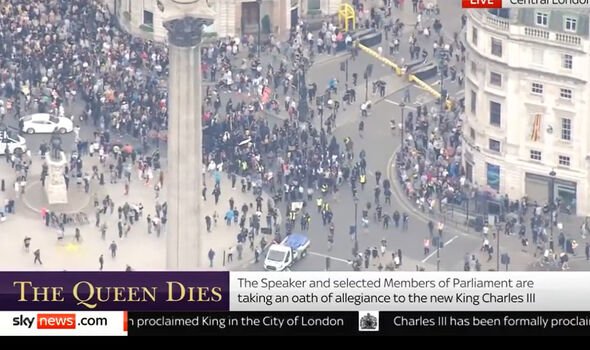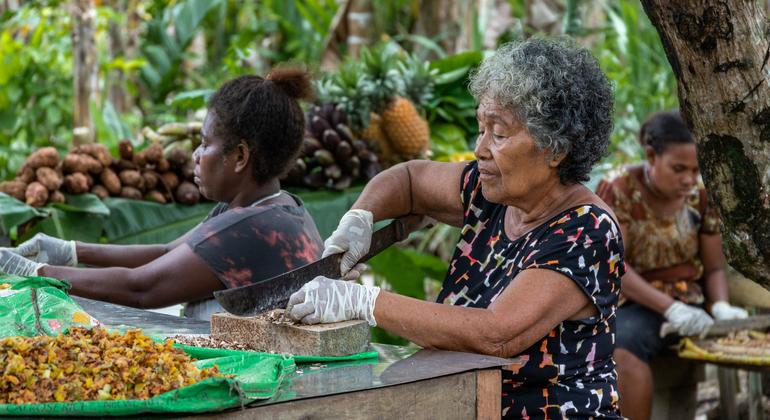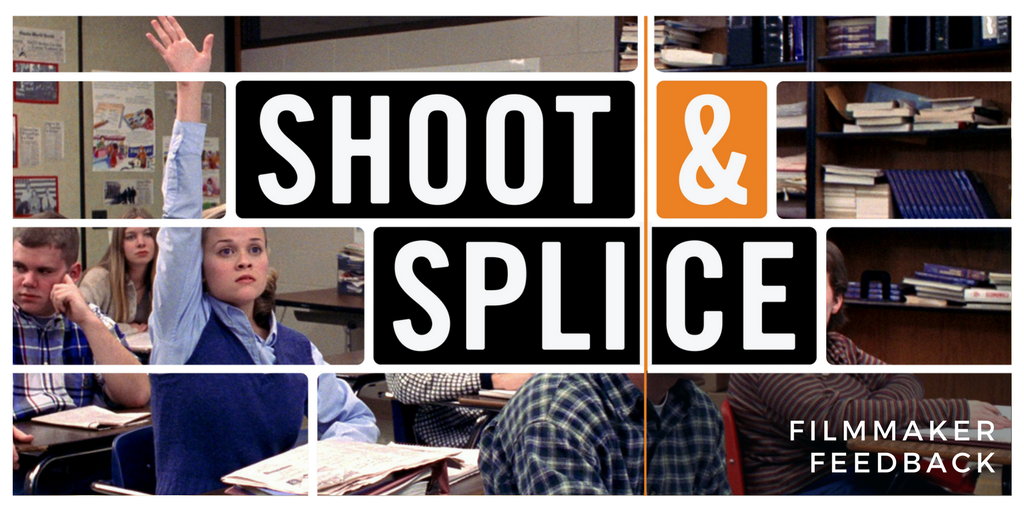Independent Police Complaints Commission Challenges Chris Kaba Panorama Episode To Ofcom

Table of Contents
The Chris Kaba Case and the Panorama Investigation
The death of Chris Kaba on September 5, 2022, following a police stop in Streatham, South London, sparked widespread protests and calls for a thorough investigation. He was unarmed at the time of his death. The circumstances surrounding the shooting, including the justification for the use of lethal force and the subsequent handling of the investigation, remain highly contentious.
The Panorama episode, broadcast on [Insert Broadcast Date], presented a detailed account of the events leading up to and including Kaba's death. The program included interviews with witnesses, analysis of police bodycam footage, and expert opinions challenging the official police narrative. Key allegations included [Insert Specific Allegations from the Panorama Program – e.g., inadequate investigation, disputed accounts of events, concerns about the police pursuit].
The public reaction to the Panorama program was swift and significant:
- Public outcry and protests: Large-scale demonstrations took place across the UK, demanding justice for Chris Kaba and an independent inquiry.
- Criticism of the police's actions and the initial investigation: Many questioned the proportionality of the police response and the transparency of the initial investigation.
- Calls for greater accountability and transparency: Public pressure mounted for increased accountability within the Metropolitan Police and greater transparency in future investigations.
The IOPC's Role and Complaint
The IOPC, responsible for investigating serious incidents involving police officers, launched its own investigation into the circumstances surrounding Chris Kaba's death. The IOPC's complaint to Ofcom concerns the BBC's Panorama program's handling of the case. The specific grounds for this complaint likely center on:
- Concerns about factual accuracy in the portrayal of events: The IOPC may allege inaccuracies or misrepresentations in the Panorama program's account of the incident.
- Concerns about potential bias or misrepresentation of the police's actions: The IOPC might argue that the program presented a biased perspective, unfairly portraying the police's actions.
- Concerns about the impact on the ongoing investigation and potential prejudice to future proceedings: The IOPC may argue that the program's content could compromise the ongoing investigation or prejudice any future legal proceedings.
Ofcom's Involvement and Potential Outcomes
Ofcom, the UK's independent regulator for television and radio, is tasked with ensuring broadcasters adhere to strict broadcasting codes. These codes cover issues such as accuracy, impartiality, and fairness. Ofcom will now investigate the IOPC’s complaint, evaluating the Panorama episode against these standards. The potential outcomes of Ofcom’s investigation include:
- A finding that the broadcast breached broadcasting codes: If Ofcom determines that Panorama violated broadcasting standards, it could issue a formal finding.
- Imposition of fines or other sanctions: Depending on the severity of the breach, Ofcom could impose financial penalties or other sanctions on the BBC.
- Requirement for a correction or apology: Ofcom might require the BBC to broadcast a correction or issue an apology for any inaccuracies or breaches of impartiality.
Implications and Wider Context
The IOPC's challenge to Ofcom has far-reaching implications for media coverage of sensitive police investigations. It raises vital questions about:
- Balancing the public's right to know with the need for fair and impartial reporting: This case highlights the ongoing tension between informing the public and ensuring fair treatment of all parties involved in an investigation.
- The challenges of reporting on sensitive investigations involving allegations of police misconduct: Reporters face significant ethical and practical challenges when covering such cases, needing to balance compelling storytelling with upholding journalistic integrity.
- The role of media scrutiny in holding the police accountable: The media plays a crucial role in holding the police accountable for their actions, but this must be done responsibly and without jeopardizing ongoing investigations.
Conclusion: The IOPC's Challenge to Ofcom – A Crucial Step for Accountability
The IOPC's decision to challenge the BBC's Panorama episode to Ofcom is a significant development in the Chris Kaba case and underscores the importance of accountability and transparency in police investigations. The outcome of Ofcom's investigation will have a substantial impact on how sensitive police investigations are covered in the future, influencing the delicate balance between public interest and the integrity of the legal process. The decision will serve as a precedent, shaping how broadcasters approach similar cases involving allegations of police misconduct. Stay informed about the outcome of this crucial challenge to Ofcom and continue to advocate for improved transparency and accountability in the handling of Independent Office for Police Conduct cases.

Featured Posts
-
 Nrc En The New York Times Gratis Toegang Voor Abonnees
May 01, 2025
Nrc En The New York Times Gratis Toegang Voor Abonnees
May 01, 2025 -
 Splice A Filmmakers Perspective On Cay Fest
May 01, 2025
Splice A Filmmakers Perspective On Cay Fest
May 01, 2025 -
 Mercedes Mones Tbs Championship Plea To Momo Watanabe
May 01, 2025
Mercedes Mones Tbs Championship Plea To Momo Watanabe
May 01, 2025 -
 Project Muse Fostering Community Through Shared Digital Resources
May 01, 2025
Project Muse Fostering Community Through Shared Digital Resources
May 01, 2025 -
 Bowen Yang On J D Vances Snl Future
May 01, 2025
Bowen Yang On J D Vances Snl Future
May 01, 2025
